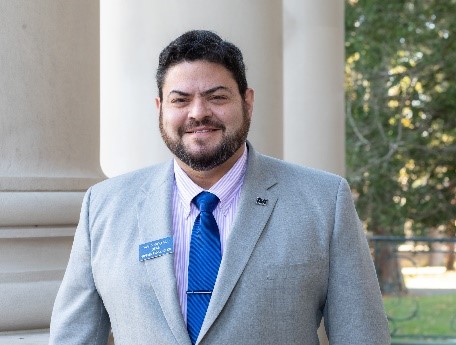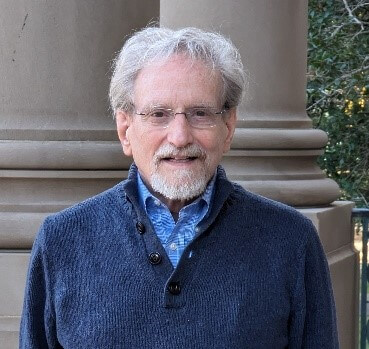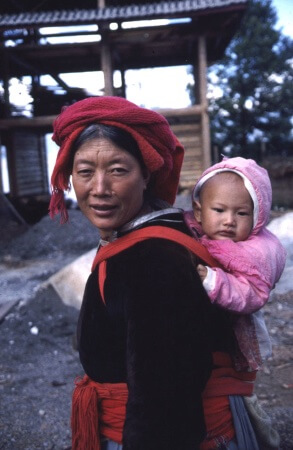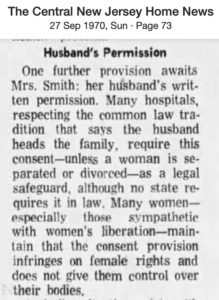The Works in Progress Seminar is a forum for presenting work under way in an area of scholarship or teaching for a seminar-style discussion among faculty of the Department of History and Anthropology and the broader campus community, originally conceived and developed by Hettie V. Williams, Ph.D. The mission of this seminar is to foster awareness about the research interests among faculty, improve communication about areas of teaching and scholarship, facilitate discussions across disciplines, and encourage collaborative research opportunities. Presentations take place once per month in Fall and Spring semesters from 1:15-2:15 p.m., usually on the fourth Wednesday of the month.
If you would like to present in the series, please email organizer Eileen Walsh, Ph.D.
Spring 2024 Calendar
Table of Contents
- The Flexible Freudian
- Living the Myth of Matriarchy: Gender, Tourism and the Mosuo
- “No Husband, No Abortion”: Married Women’s Abortion Rights
The Flexible Freudian
Presenter: David H. Golland, Ph.D., and Jeffrey H. Golland, Ph.D.
Wednesday, Jan. 24, 1:15 p.m. to 2:15 p.m. in Howard Hall 316
This is a book talk on David H. Golland, Ed., The Flexible Freudian, the Collected Works of Jeffrey H. Golland (NY: International Psychoanalytic Books, 2024). The elder Golland is clinical professor of psychiatry at Mount Sinai School of Medicine and a psychoanalyst/psychotherapist in private practice; for three decades he taught in the School of Education at Baruch College, CUNY. His writings explore and develop two major premises: that psychoanalysis is science, without need for the modifier social; and that the personal and professional flaws of Sigmund Freud should not detract from his role as the founder of a modern science.


Living the Myth of Matriarchy: Gender, Tourism and the Mosuo
Presenter: Eileen Walsh, Ph.D.
Wednesday, February 28, 1:15 p.m. to 2:15 p.m. in Howard Hall 316
Tens of thousands of tourists visit the shores of Lugu Lake in Yunnan Province, southwest China, where the ethnic minority the Mosuo live in the foothills of Tibet. This tourism is largely an encounter between Han Chinese and an exoticized internal Other, the Mosuo. Tourists are lured by outrageous tales and news reports of a matriarchy and free love, and images of a lost harmonious Utopia. These encounters are often understood through state discourses of development, and contemporary discourses of identity which play off of dichotomies of the “modern” versus the “traditional”, and the sexually repressed Self and the erotic Other. This project explores who the Mosuo are, how the myth of matriarchy surrounding them developed, and what the multiple effects of this representation have been—on policy, on identity and on an economy drastically changing because of tourism.


“No Husband, No Abortion”: Married Women’s Abortion Rights
Presenter: Katherine Parkin, Ph.D.
Wednesday, March 27, 1:15 p.m. to 2:15 p.m. in Howard Hall 316

The legalization of abortion in the early 1970s and along with it the right to privacy seemed absolute and definitive. However, the rights of husbands, as understood by the public and the courts, ultimately continued to challenge married women’s abortion rights. Before Roe v. Wade, with incremental and untested legalization, many hospitals across the country required spousal consent of husbands for abortions. The hospital administrations’ decision to introduce this requirement served two key self-serving elements. First, it quietly achieved a reduction in the number of abortions a reluctant hospital had to perform, as women who did not want to engage with their spouse would not go to that hospital. Second, the signed consent forms offered legal protections against the weight of a husband’s civil liability claim, if he wanted to bring suit against the hospital.
